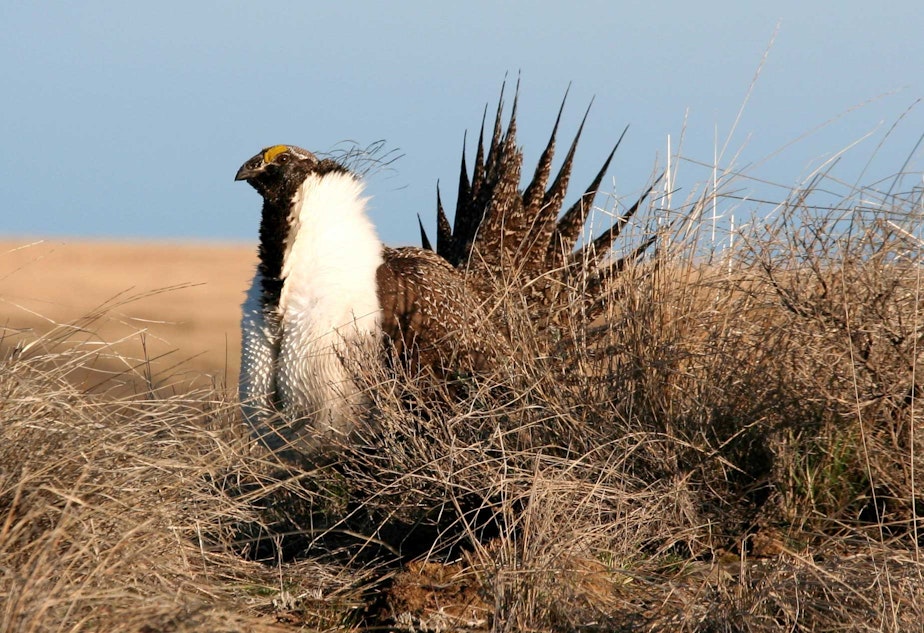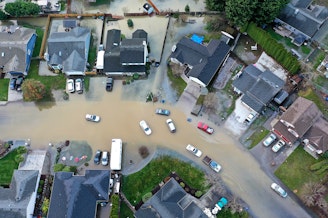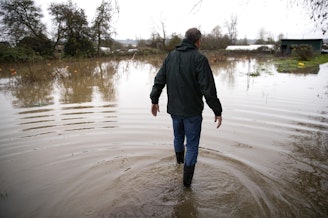Birds in Washington are in decline, with the rest of the nation

Wildlife population experts are sounding the alarm that North America has nearly 3 billion fewer birds now than in did in the 1970s.
It's meant losses in Washington state, too.
Birds that live in Washington's forests and coasts are under particular threat, according to a study in the journal Science this month, which was based on radar networks and human monitoring of bird populations and migration since 1970. It shows nearly every bird species in decline.
Dr. Nicole Michel with the National Audubon Society contributed to the study. She said in the Pacific Northwest, "species we're seeing particularly strong declines in [are] forest birds, with 30 percent decline, and coastal birds [such as] sand pipers and clovers."
Others include bald eagles, marbled murrelets, spotted owls, and yellow-billed cuckoos. There are 33 birds listed as endangered, threatened, or a species of concerning species in Washington state (you can search the list here).
The scientific report notes that the overwhelming focus on animal extinctions has led people to underestimate the extent of biotic change and ignore the declining numbers of still-common species.
Sponsored
Joshua Morris with Seattle Audubon said one of the biggest causes in bird decline is the loss of habitat. That's mostly due to construction, climate change and a shrinking tree canopy.
He said the losses are staggering. "This is indicative of wide-scale ecological collapse."
"Birds are an indicator species, and they are telling us that the ecosystems on which human society depend are in trouble, and climate change is only going to exacerbate the threat that birds are facing," Morris said.
Sponsored
But Michel, with the National Audubon Society, is optimistic. "Birds are down but they're not out... birds are resilient and if we give them half a chance they can recover," she said.
She notes that populations of raptors (such as osprey and bald eagles) and water birds (such as swans and geese) are up in population since 1970. She said that's directly related to past human actions to save those species.
Morris said the Audubon Society is working to protect Seattle's old trees as one measure to boost bird populations, including by promoting the proposed Seattle Urban Forest Management Plan.
The Seattle City Council has so far declined to pass it, but will take it up for a vote in 2020.




